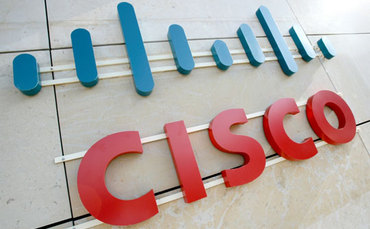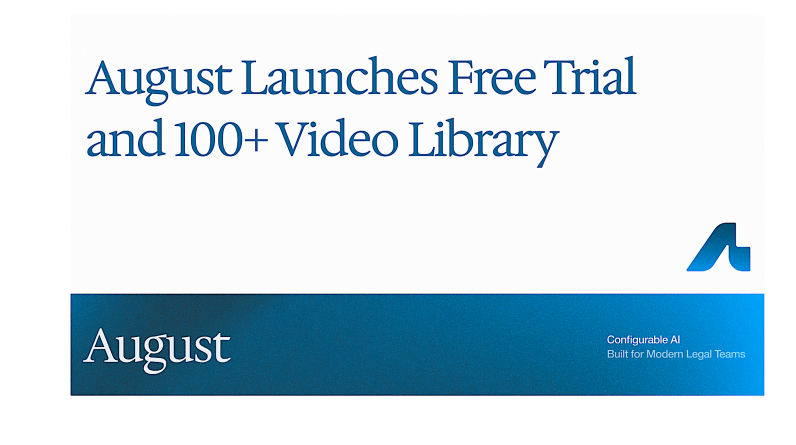
As rumors of significant layoffs were confirmed to be true at Cisco’s year end results, the company has provided more details about how it is leaning in to its AI and cybersecurity infrastructure business. Mark Patterson, Cisco EVP and Chief Strategy Officer explains that talking to customers, their biggest priority is investment in modernizing infrastructure to support AI innovation as well as protecting that infrastructure via a cybersecurity platform. At another briefing Cisco EVP and Chief People, Policy & Purpose Officer, Francine Katsoudas, took the time to showcase how Cisco is helping the tech industry to prepare for an AI-enabled workforce.
Cisco to offer AI Advisory services
Cisco is in the middle of a metamorphosis from a network product company to a networking and cybersecurity software and service backbone for AI. Its fuel for the transition largely lies with its silicon and fibre optics investment in networks, its cybersecurity portfolio, and its data to drive insights and context that is hugely amplified by its Splunk acquisition. And Cisco is adding to this the market and customer catalyst of its own services organisation that can accelerate the value of AI by establishing ROI, identifying use cases and advising on the rearchitecting of networks and data centers.
Cisco AI Advisory services are currently gestating within the Customer Experience (CX) operation at Cisco. They are being designed to reduce customers’ plan to execution readiness gap for AI. This is certainly a gap that needs bridging and it will be interesting to see how Cisco puts a capability together via its indigenous knowledge, acquisitions and its vast partnership program. It is looking to build up a specific team and inorganic plays, as well as deploy internal training.
So, to recap in the AI era, Cisco will provide AI advisory services, an AI-ready infrastructure and intelligence from Cisco and customer data. Partners provide AI foundation models and tool chains. At present Cisco’s main opportunities in the AI market lie with helping hyperscalers and comms service providers re-think the data center for AI as they re-architect infrastructure for AI applications. While the market spend is currently skewed towards hyperscalers and comms service providers, Cisco takes the view that the same architecture is required for both these buyers and, further down the road, enterprises. The difference lies with scale, as enterprises deploy AI clusters within their traditional data centers.
Every job becomes an AI-influenced job
Cisco has also been actively engaged in assessing the impact of AI on tech industry workers. Led by Cisco, created by the AI-Enabled ICT Workforce Consortium members, and analysed by Accenture, a new report entitled ‘The Transformational Opportunity of AI on ICT Jobs‘ identifies essential training in AI literacy, data analytics and prompt engineering for workers seeking to adapt to the AI revolution. The report finds that 92% of ICT jobs analysed are expected to undergo either high or moderate transformation due to advancements in AI. Of these, entry-level and mid-level ICT professionals are at the forefront of AI transformation with 40% of mid-level positions and 37% of entry level positions expected to have high levels of transformation.
The report looked at seven ICT job families, that between them account for around 80% of ICT roles. It concludes that the skills that will become increasingly relevant include responsible AI/ethics, AI literacy, Large Language Models, agile methods and data analytics. Skills that will become less relevant include basic programming, content creation, data management, research and document maintenance.
Discussing the report, Katsoudas shared it was a pioneering initiative for tech companies to come together to work collaboratively on the impact of AI. Each of the companies involved (Accenture, Cisco, Eightfold, Google, IBM, Indeed, Intel, Microsoft and SAP), need to look urgently at entry level roles because this is where the brunt of the impact will first be felt.
Each ICT job in the report receives an AI-impact evaluation with detailed recommendations for re-skilling and up-skilling. The core skills and training recommendations enable employers to take immediate action. Taking the example of Senior Network Engineer Role at Cisco, Katsoudas, explained that this was identified as a moderate impact role and the skilling initiatives underway at Cisco to address that impact includes a GenAI literacy program, Innovation and System Thinking sessions and AI networking tutorials on Cisco U. Katsoudas said:
At Cisco we invited people to volunteer for a pilot project, which meant they went through AI training and were then asked to apply it to their daily job role. The incentive to do this was that half the time saved went to Cisco, and half was given back to the individual.
Eight hundred people took part in this bottom-up approach to adoption at Cisco. And the learnings from the pilot are feeding back into development of Cisco’s AI workforce strategy.
During the next phase of the AI-enabled ICT Workforce Consortium projects, analysis of jobs and presentation of best practices will be inclusive of G7 countries including Canada, Japan and the UK. The Consortium also plans focus on develop of a Skills Taxonomy for AI-Impact on ICT Jobs and an AI Workforce Playbook, designed to empower SMBs and large companies to up-skill their workforce proactively.
My take
While it may be small comfort for those receiving final pay checks, Cisco knows this is a pivotal moment for its evolution as a company to re-position for the huge opportunity the AI era offers it. There will be a much higher market requirement for connectivity and the threat landscape will expand. Cisco aims to make the running to be front and center of buyers as they grapple with these issues. This explains the manoeuvre to offer AI Advisory services, which will help its MSP channel take AI capabilities into its broad customer base. The timing is good for this development as we are still at an early stage in enterprise adoption of AI, which gives Cisco and its channel some wiggle room to develop the advisory capability.








